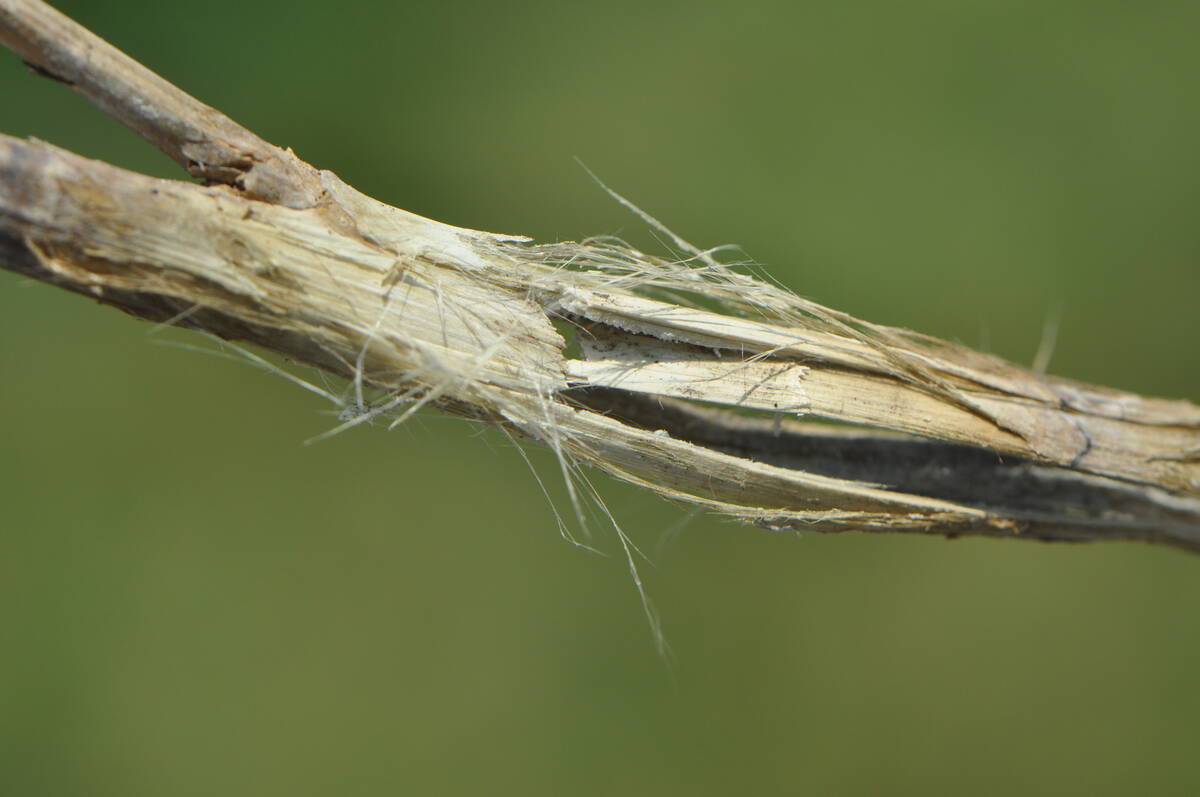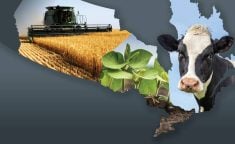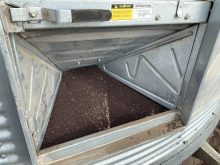A senior official of one of the companies at the forefront of Canada’s ongoing trade dispute with China over canola says the World Trade Organization (WTO) cannot be relied upon, and that science-based decision-making is threatened on a domestic and international level.
“We simply can’t rely on the existing WTO process as being the most efficient way of dealing with these issues when they’re raised,” said Jean-Marc Ruest, senior vice-president, corporate affairs and general counsel at Richardson International.
Read Also

Manitoba sclerotinia picture mixed for 2025
Variations in weather and crop development in this year’s Manitoba canola fields make blanket sclerotinia outlooks hard to pin down
On Sept. 9, Canada sent a letter to the WTO challenging China’s ban on canola seed imports.
Richardson is one of the companies issued a non-compliance notification from the Chinese government, which cites pest and quality concerns as the reasoning why.
Ruest, who spoke this week during a Canada 2020 National Forum on Agri-Food: Competing in a New World Order panel, contended the agri-food sector in Canada is “quickly abandoning” science.
“In response to social and political trends, we’ve increasingly pressured our governments, federally, provincially and municipal and their regulators to adopt policies and make decisions in the agri-food space,” he said. “Particularly with respect to regulation and registration of agri-food products, and technologies that are moving away from scientific rational justification.”
He said the science behind food safety is being confused with changing consumer demand.
“While we ridicule individuals who refuse to listen to the science of climate change, we accept with worrying ease the postulations of individuals and groups in relation to agriculture food production… ” he said.
He said that is “severely limiting” Canada’s ability to argue sanitary and phytosanitary measures taken internationally against the country, through non-tariff measures, must be done only if scientifically justified.
“The time has come… to make a conscious decision as Canadians whether we want our agri-food sector to not only regulate itself but to evolve based on scientific fact, or on something else,” he said.
“If that is the desired position, and I personally think that would be an error of monumental proportions, than let’s be candid and say so,” he said. “At least all stakeholders will know where we stand. If that is not our intention, then we need to correct course very quickly… ”
He cited pressures on glyphosate and municipal level bans on cosmetic pesticides that “fly in the face of science” when prompted to provide examples.




















